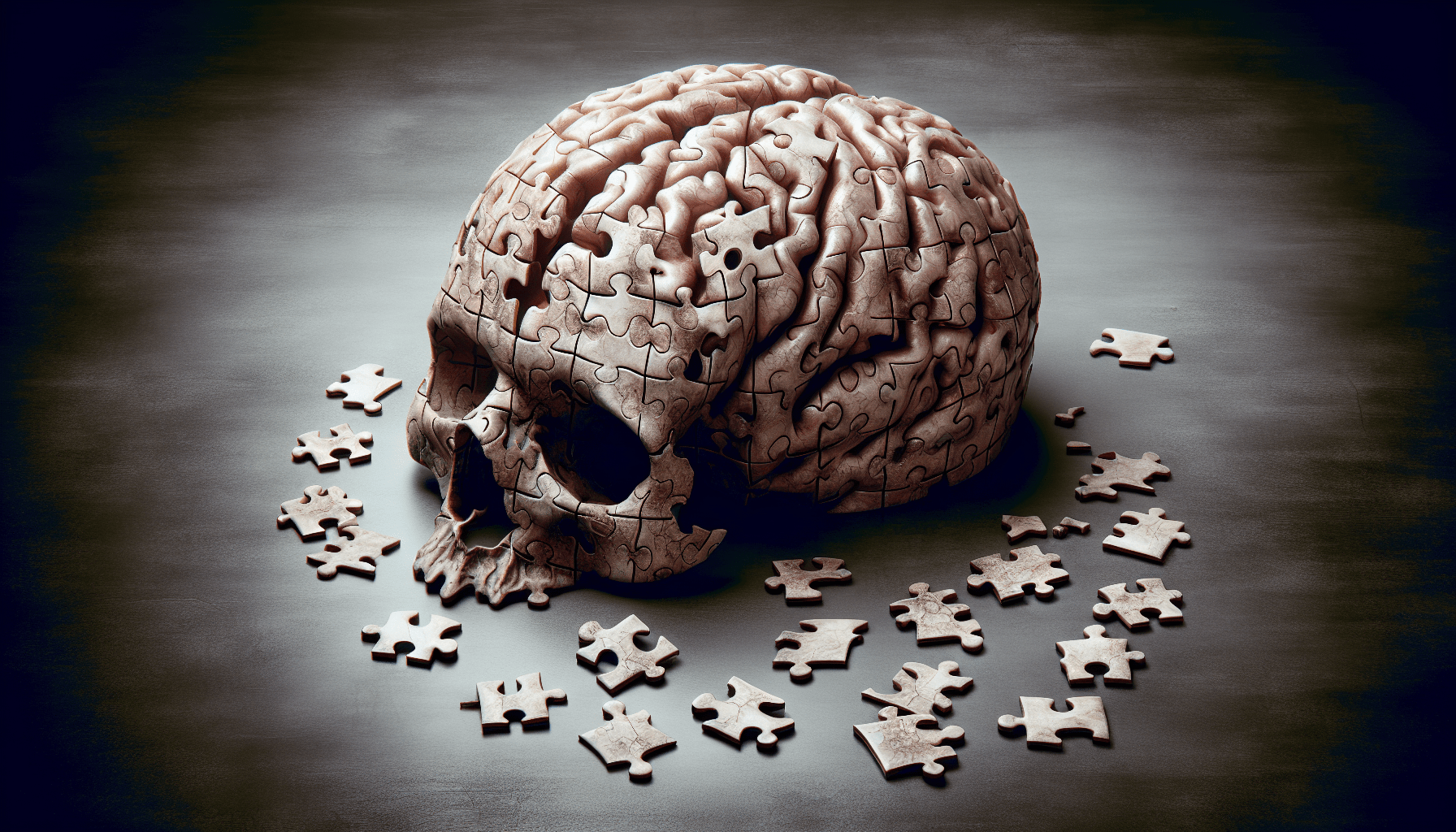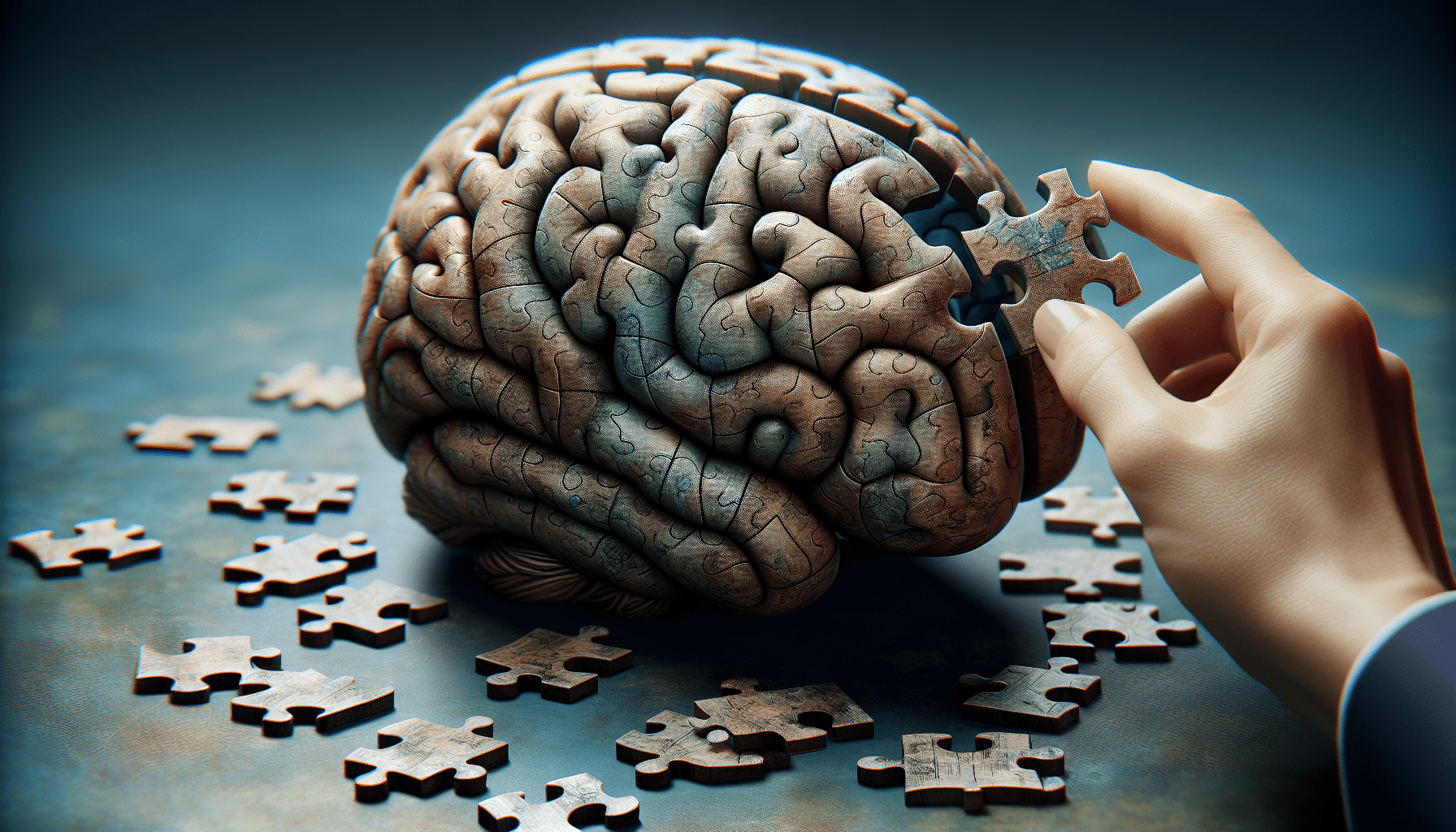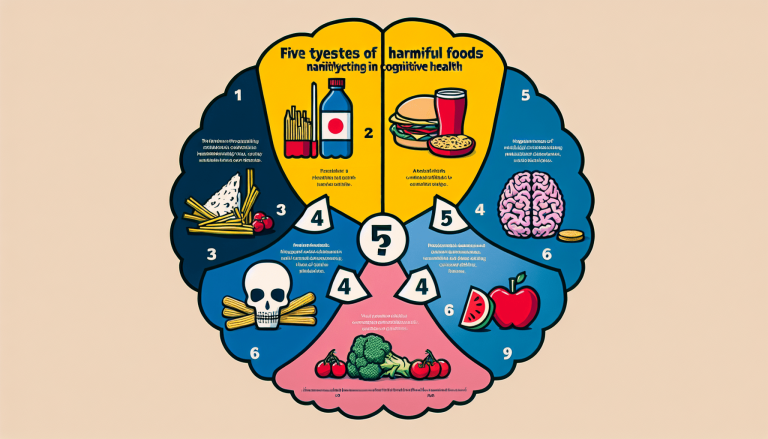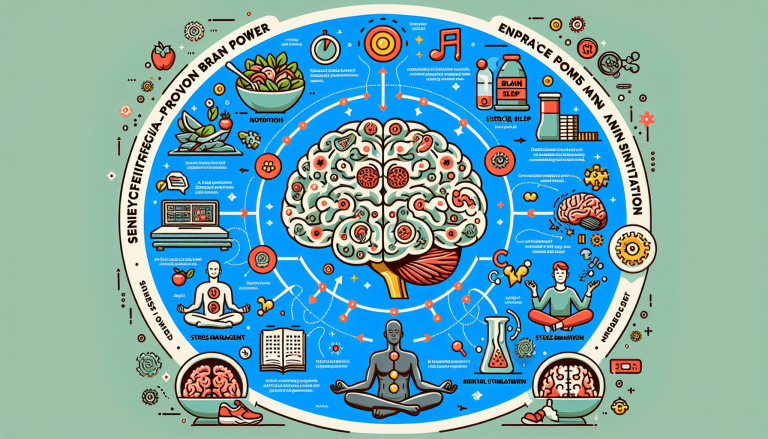What Are Red Flags Of Cognitive Decline?
In “What Are Red Flags Of cognitive decline?”, you’ll uncover crucial signs that might indicate a loved one is experiencing a decrease in cognitive abilities. You’ll learn about the subtle and not-so-subtle changes in behavior and memory that can be early warnings of issues like dementia or Alzheimer’s. By understanding these red flags, you can help ensure that your loved ones receive the appropriate care and support they need to maintain their quality of life. This article sensitively guides you through recognizing these changes, so you can act with compassion and confidence. Have you ever wondered what signs might indicate someone’s cognitive health is deteriorating? It’s something we don’t often think about until it touches our lives directly, but recognizing the red flags early can make a significant difference. Cognitive decline can affect anyone, regardless of age, and being informed can help you support not only your own health but also those you care about.

Understanding Cognitive Decline
Cognitive decline refers to the gradual loss of brain functions such as memory, reasoning, and problem-solving. It can manifest in various ways, and understanding it is the first step in identifying potential issues.
What Causes Cognitive Decline?
Several factors can contribute to cognitive decline. Aging is the most common, but it can also be influenced by genetics, lifestyle, medical conditions, and environmental factors.
Key Causes:
| Cause | Description |
|---|---|
| Aging | Natural brain changes associated with getting older |
| Genetics | Family history of cognitive conditions such as Alzheimer’s |
| Lifestyle | Poor diet, lack of physical activity, smoking, and excessive alcohol consumption |
| Medical Conditions | Hypertension, diabetes, depression, and heart diseases |
| Environmental Factors | Exposure to toxins, chronic stress, and brain injuries |
How Prevalent Is Cognitive Decline?
Cognitive decline is quite prevalent, particularly among older adults. According to the Alzheimer’s Association, one in nine people over the age of 65 has Alzheimer’s disease, the most common cause of dementia. However, cognitive decline isn’t limited to the elderly; younger people can also experience symptoms due to various causes.
Early Signs of Cognitive Decline
Spotting the red flags early can help you or a loved one seek timely medical intervention. Here are some common signs to look out for:
Memory Problems
memory lapses are often the first noticeable sign of cognitive decline. While everyone forgets things occasionally, persistent memory issues can be a cause for concern.
Examples of Memory Problems:
- Frequently forgetting recent conversations or events
- Misplacing items and being unable to retrace steps
- Struggling to remember names or faces
Difficulty Performing Familiar Tasks
Another red flag is when someone struggles with tasks they previously managed with ease.
Examples of Task Difficulties:
- Having trouble following a recipe or balancing a checkbook
- Finding it challenging to operate common household appliances
- Difficulty driving to familiar locations
Poor Judgment and Decision Making
People experiencing cognitive decline may exhibit poor judgment in different aspects of life.
Examples of Poor Judgment:
- Making financial errors such as giving away large sums of money
- Neglecting personal hygiene
- Wearing inappropriate clothing for the weather
Language Problems
Language difficulties can also indicate cognitive issues. These might include problems with speaking, writing, or understanding.
Examples of Language Problems:
- Struggling to find the right words during conversations
- Frequently stopping mid-sentence as if they were lost
- Using incorrect words or phrases
Changes in Mood or Personality
Sudden or unexplained changes in mood or personality may also be a red flag.
Examples of Mood Changes:
- Becoming unusually anxious, depressed, or irritable
- Exhibiting sudden, unprovoked anger
- Displaying apathy or loss of interest in previously enjoyed activities
Advanced Stages of Cognitive Decline
As cognitive decline progresses, the symptoms become more severe and noticeable.
Severe Memory Loss
In advanced stages, the individual may forget important life events, close family members, or even their own identity.
Loss of Physical Coordination
Physical coordination and motor skills may also decline, leading to difficulty walking or performing simple tasks.
Complete Disorientation
Severe cognitive decline can result in complete disorientation, making it difficult for the person to recognize their surroundings or even the time of day.
Dependence on Others for Daily Activities
At this stage, individuals often need assistance with daily activities such as eating, dressing, and bathing.
Diagnosing Cognitive Decline
If you notice any of these red flags, it’s crucial to seek professional advice. diagnosing cognitive decline involves several steps.
Medical History and Physical Examination
The first step usually involves a thorough medical history and physical examination to rule out other conditions.
Cognitive Tests
Doctors may use various cognitive tests to assess memory, problem-solving skills, and other mental functions.
Common Cognitive Tests:
| Test Name | Description |
|---|---|
| Mini-Mental State Exam | Assesses basic cognitive functions like memory and orientation |
| Montreal Cognitive Assessment (MoCA) | Evaluates a broader range of cognitive abilities |
| Neuropsychological Testing | In-depth testing of various cognitive domains |
Imaging Tests
Imaging tests like MRI or CT scans can help identify structural changes or abnormalities in the brain.

Managing Cognitive Decline
While cognitive decline can’t always be prevented or cured, there are ways to manage it effectively.
Medication
Certain medications may help slow the progression of cognitive decline and improve symptoms.
Common Medications:
| Medication Type | Examples |
|---|---|
| Cholinesterase Inhibitors | Donepezil, Rivastigmine, Galantamine |
| NMDA Receptor Antagonists | Memantine |
| Antidepressants | Common for managing associated mood disorders |
Lifestyle Changes
Adopting a healthier lifestyle can have a significant impact on cognitive health.
Supportive Lifestyle Changes:
| Area | Changes to Implement |
|---|---|
| Diet | Eating a balanced diet rich in fruits, vegetables, and omega-3 |
| Physical Activity | Regular exercise to improve blood flow to the brain |
| Mental Stimulation | Engaging in brain-stimulating activities like puzzles or reading |
| Social Interaction | Maintaining strong social connections |
Professional Support
Various professionals can provide support for managing cognitive decline.
Support Providers:
| Professional | Role |
|---|---|
| Neurologists | Specialize in diseases of the brain |
| Psychologists | Provide cognitive behavioral therapy and support |
| Occupational Therapists | Help with adapting daily activities for ease |
Preventing Cognitive Decline
While you can’t control all risk factors, there are steps you can take to reduce the likelihood of cognitive decline.
Healthy Lifestyle
Maintaining a healthy lifestyle is crucial for preventing cognitive decline.
Key Areas for a Healthy Lifestyle:
| Area | Recommended Changes |
|---|---|
| Nutrition | Following a Mediterranean diet or other brain-healthy diets |
| Exercise | Getting at least 150 minutes of moderate aerobic activity weekly |
| Mental Activities | Regularly engaging in cognitive exercises |
| Sleep | Ensuring adequate and quality sleep |
Regular Medical Check-Ups
Regular medical check-ups can catch early signs of cognitive decline.
Stress Management
Chronic stress can negatively impact cognitive health, so managing stress through techniques like meditation, yoga, or counseling is vital.
Avoiding Harmful Substances
Avoiding substances that can harm the brain, such as smoking, excessive alcohol consumption, and illicit drugs, is essential for cognitive health.
Conclusion
Recognizing the red flags of cognitive decline early can make a substantial difference in managing and mitigating its effects. Encouraging a healthy lifestyle, seeking regular medical advice, and supporting those showing symptoms can create a better quality of life and potentially slow the progression of cognitive decline. Remember, the key is to stay informed and proactive about cognitive health to ensure the well-being of yourself and your loved ones.
Additional Resources

If you find yourself more confused lately, forget where you left small things like your phone or your glasses…. Words get stuck on the tip of your tongue or you don’t remember why you walked into a room…
>>>Watch this short documentary immediately because it may very well save your memory.
New Harvard research reveals this common household toxin wipes out your memory 3x times faster… Decreasing the blood flow to your brain and “violently attacking” your neurons and synapses on the hippocampus…
This is the part of your brain that forms episodic memories, that makes you able to think and remember, literally…
Scientists from the National Institutes of Health warn that over 200 Americans are exposed to this toxin daily… And it’s the primary reason why every 66 seconds someone in the United States develops Alzheimer’s and 1 in 3 seniors ends up with some form of dementia.
Click below to find out all about it and what you can do to improve your memory:






